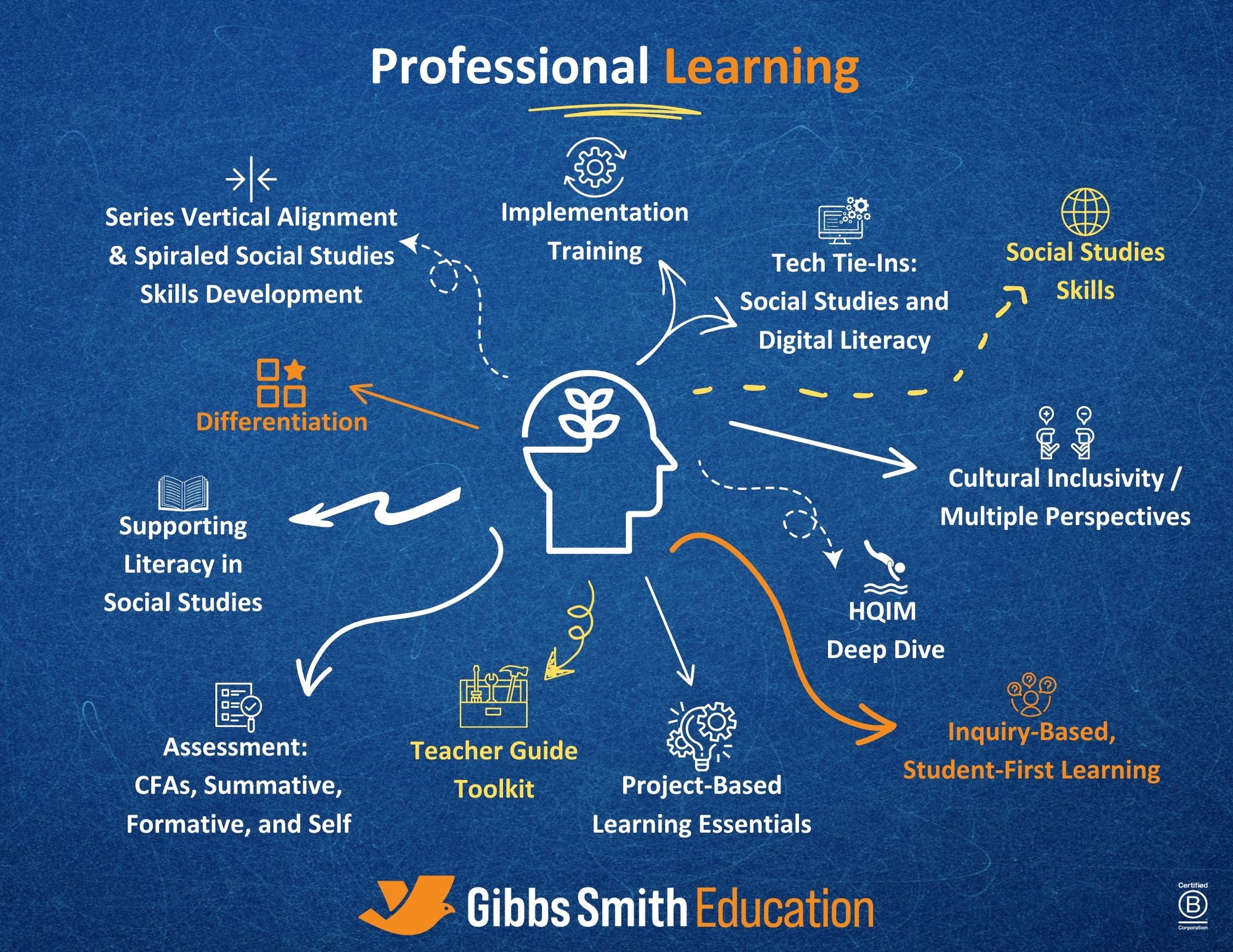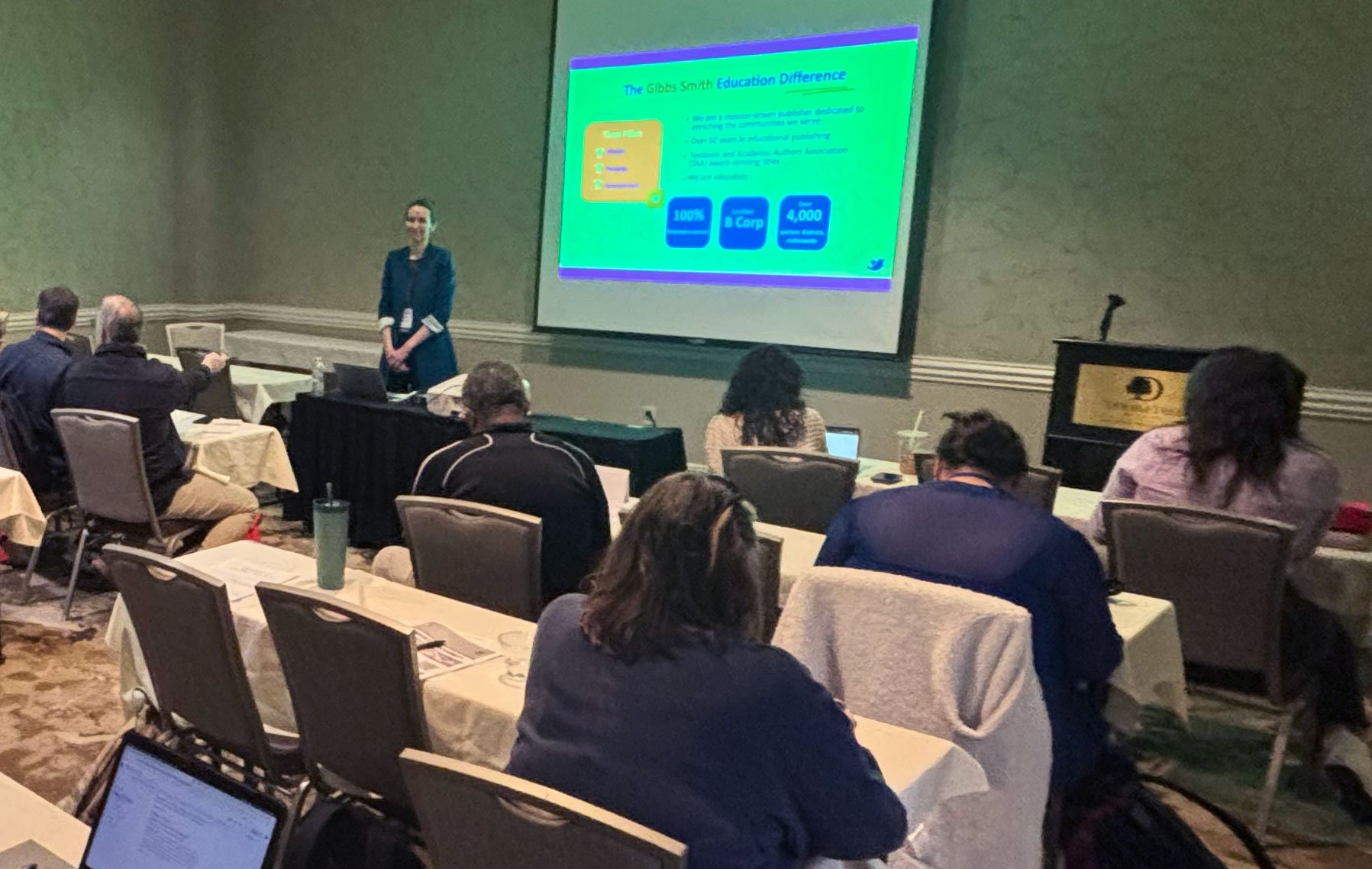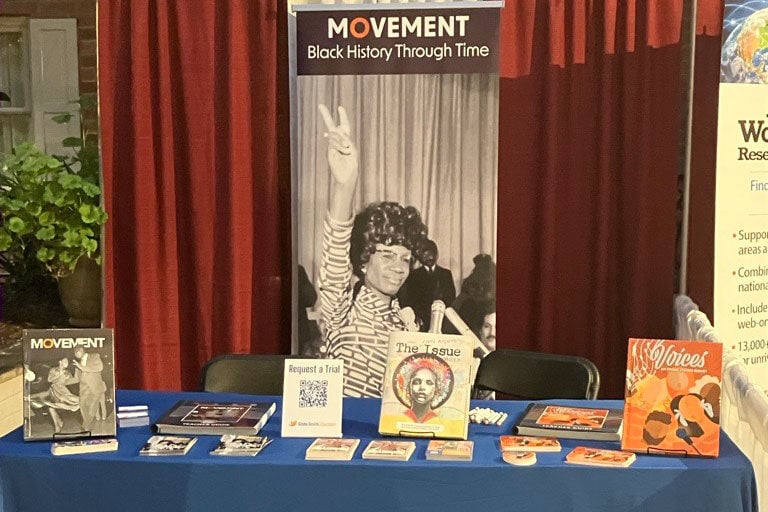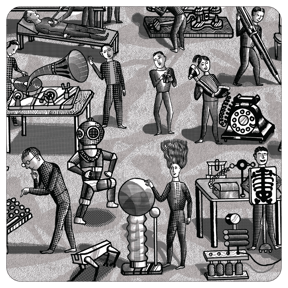
- Tailored to your course materials, teachers, and students
- For experienced social studies specialists, multidisciplinary teachers, and new educators
- Guidance for school leaders and administrators to coach social studies educators
- Rehab lessons that fall flat or refresh favorites to meet updated standards and best practices
- Discuss strategies to create a thriving teacher and student culture with peers, based on experts in the field
- Choose in-person sessions, virtual workshops, or a combination of both

Professional Learning Built to Support Your School’s Unique Development Objectives

Strategies for Today's Classroom
Prepare teachers to meet the challenges of social studies education and experience the joys of creating opportunities for all students. Whether you need a friendly introduction to our standards-based Teacher Guides or a deep dive into High Quality Instructional Materials, we will prepare educators to make the most of the resources created by our curriculum developers. We address districts’ challenges and goals with workshops that provide a safe environment to discuss and practice strategies to help students engage and excel in the social studies classroom. Our workshops about differentiation, project-based learning, cultural inclusivity, and digital literacy are all keys to unlock student potential.

Implementation Training
Working with new resources can be daunting, until you realize their potential to engage students and save teachers hours of prep! We'll help you bridge the gap with Implementation Training, an introduction to our online platform. Navigate resources, practice accommodations to share with students, and consider how features can support best teaching and learning practices. Not great with tons of information all at once? Don't worry! Knowledge Base is an online system that provides asynchronous mini-lessons available 24/7 that can help you review tips and tricks covered in Implementation Training.

Conferences, Publications, and Networking
We regularly present at state, regional, and national conferences for social studies educators. These sessions feature both perennial and hot-off-the-presses issues: join a session and share your experiences, hopes, fears, and goals! You'll walk away with new concepts or approaches to bring to your classroom and free resources. We love to network with passionate educators, so let us know if you'll be presenting and would like us to be part of your conversation. Look for us in publications for social studies leaders and teachers as well as our blog, The Journal, where we provide insights about current topics and reflect on the experiences of teachers. We provide free lesson plans too!
What We Offer
Implementation Training
This 90-minute session, usually virtual, is an overview of the Student Edition features, Teacher Guide features, and GSEonline.
Series Vertical Alignment and Spiraled Social Studies Skills Development
Teachers will (optimally) work in grade-band cohorts to identify social studies skills in each of their resources and how these skills build and support from grade to grade, as well as within each book. This will help teachers identify the foundational skills in each book or activity and offer opportunities for expanding and connecting them.
Differentiation
We will do a deep dive into the types of differentiation in each grade’s resources and work together to apply strategies and resources that make the most sense for each teacher’s class. This will involve group work and time to plan.
Supporting Literacy in Social Studies
Discover tools included with GSE textbooks, such as K-3 Story Time features, Quick Tours supplemental resources, and middle school and high school Writing Workshop activities, that help students develop literacy and hone their critical-thinking skills. We will practice strategies to scaffold primary and secondary document analysis for striving readers and mulitlingual learners. Teachers will have time to discuss and experiment with various supports for language acquisition, differentiation techniques, and project-based and multimodal approaches to build reading skills and disciplinary literacy.
Assessment: CFAs, Summative, Formative, and Self
This is a detailed look at the options you have for assessment. Some districts are wondering if/how they can do CFAs (common formative assessments), while others want a deeper understanding of how they can assess through projects and rubrics.
Teacher Guide Toolkit
Not sure where to start? Our curriculum programs come with more than enough to cover the standards. Learn how to create the most engaging and multimodal experience possible for your student by deconstructing different types of activities in the Teacher Guide. Practice curriculum mapping and lesson planning by integrating essential "framework" activities and supporting activities that allow teachers to customize the curriculum for the interests and needs of their students. This session includes guided time for planning and collaborating with grade-level cohorts.
PBJ? No, PBL! Project-Based Learning Essentials
All GSE resources include a variety of ways that projects can connect to the content and assess students’ understanding of the content and skills. But these projects can be time-consuming and challenging to grade and gauge. This session will help teachers navigate the different options for project-based learning and plan what options are best for them and their students. It will help guide them through the logistics and implementation of both shorter and longer projects. This session will explain how to use the template rubrics in the teacher tools and show teachers how to create their own.
Inquiry-Based, Student-First Learning
This is a high-level session on how to turn your social studies classrooms from a teacher-first learning environment into a student-first learning environment. This can be completed with grade-band cohorts, school-based cohorts, or grade-level cohorts. We will end with a deep dive into the practical tools in the resources that teachers can use, such as Learning Goals and self-assessments, among others, that offer students choice in their learning.
HQIM Deep Dive
Introductory-level workshop to explore how GSE resources align with state or national expectations of high-quality instructional materials. Review the indicators of high-quality instructional materials for the social studies classroom and discover inclusive teaching strategies, differentiation techniques, and assessment options to incorporate in your classroom. Teachers will leave empowered to assess and communicate how their social studies instruction meets state or national expectations for effective, impactful lessons and to reframe "problem" lessons based on HQIM standards.
Cultural Inclusivity/Multiple Perspectives
This is a detailed look into how teachers can use the resources to make sure students are learning about the multiple groups of people who have contributed to their history. There are also ways for students to connect to (and see themselves in) the resources. We cover what appropriation is and how to teach it to younger students, as well as presentism.
Social Studies Skills
What are they, and how do you teach them? This is a “back to basics” session that ensures educators are familiar with the terminology we are referring to when we talk about topics like “inquiry-based” or “periodization.” This would be a good course for a cohort of new teachers or “new to social studies” teachers.
Tech Tie-Ins: Social Studies and Digital Literacy
This session is designed to thoroughly investigate the interactive/digital side of our resources. We include tech-based activities as well as tips and strategies for teaching remotely (if needed/wanted) or implementing a flipped classroom. It can also include material on how to analyze digital media; this is typically engaged more at the upper grades.
Any Questions? Let's Chat!
Don't hesitate to schedule a time to chat about our resources and all of their features. We can talk through your needs, budget, and how we can best benefit you and your district.
